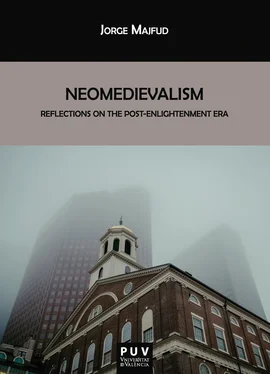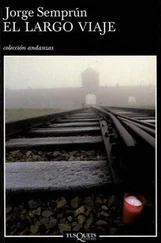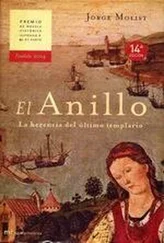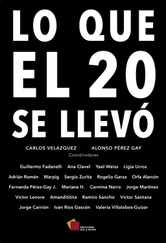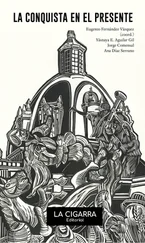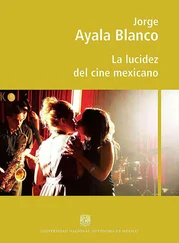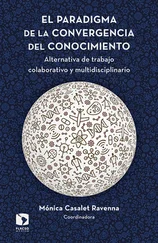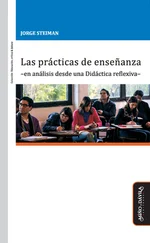NEOMEDIEVALISM
REFLECTIONS
ON THE POST-ENLIGHTENMENT ERA
Biblioteca Javier Coy d’estudis nord-americans
http://puv.uv.es/biblioteca-javier-coy-destudis-nord-americans.html http://bibliotecajaviercoy.com
Directora
Carme Manuel
NEOMEDIEVALISM
REFLECTIONS
ON THE POST-ENLIGHTENMENT ERA
Jorge Majfud
Biblioteca Javier Coy d’estudis nord-americans
Universitat de València
Jorge Majfud
Neomedievalism: Reflections on the Post-Enlightenment Era
Translated by Bruce Campbell
1ª edición de 2018
Reservados todos los derechos
Prohibida su reproducción total o parcial
ISBN: 978-84-9134-317-2
Ilustración de la cubierta: Jorge Orrico
Diseño de la cubierta: Celso Hernández de la Figuera
Publicacions de la Universitat de València
http://puv.uv.es publicacions@uv.es
Index
INTRODUCTION
Tolerance is the wine of nations
RADICAL CULTURE
What Good Is Culture?
What good is literature, anyway?
Head-Shrinking Journalism
Humanism, the West’s Last Great Utopia
Ten Lashes Against Humanism
The Importance of Being Called an Idiot
The Rebellion of the Readers, Key to Our Century
What Is an Ideolexicon?
Virginia Tech: an ideolexical analysis of a tragedy
The Terrible Innocence of Art
Puppets, Puppet Masters, and Closet Liberations
Intellectual Capital
Men of the Cybernetic Caves
Power and the Intellectuals
Are We Really Indebted to Capitalism for Modernity?
PROPAGANDA AND POPULAR CULTURE
Where Does the Voice of the People Come From?
The Intra-national Colonization of Patriotisms
An Imperial Democracy
US Politics and Economics: the Patriotism of the Rich
Osama and the Dangers of Tunnel Vision
Ron Paul and Right-Wing Anarchism
Hurricane Katrina and the Hyperreality of the Image
If Latin America Had Been a British Enterprise
On How to Topple an Empire
Propaganda and the Myth of Reconquest
The Culture of Hate
Rock Democracies, Paper Freedoms, Scissors Securities
The Repressed History of the United States
Patriarchy with a Woman’s Face
White x black = black
The Pandemic of Consumerism
RELIGION AND OTHER EXCUSES
The Slow Suicide of the West
The Privatization of God
The Jesus the Emperors Kidnapped
Do You Believe in God? Yes or No
The Imperfect Sex. Why Is Sor Juana Not a Saint?
LATIN AMERICA
Why the name “Latin America”?
Violence of the Master, Violence of the Slave
One Bolivia, White and Wealthy
The Fragments of the Latin American Union
Respect Without Rights: The Privatization of Morality
Honduras Against History
The Illegitimate Constitution
The Devils of Haiti
Latin and Latino American Immigration
EDUARDO GALEANO
The Open Eyes of Latin America
“The Hoariest of Latin American Conspiracy Theorists”
Past, Present, and Future: Interview with Eduardo Galeano
The Open Veins of Eduardo Galeano
NOAM CHOMSKY
Rescuing Memory. Conversations with Noam Chomsky
IN THE MANNER OF FICTION
The Walled Society
The Age of Barbaria
Introduction
TOLERANCE IS THE WINE OF NATIONS
My father was the fourth or fifth child of twelve born in Uruguay to a Lebanese immigrant couple, she being Christian and he probably too. He lived his entire childhood in misery, digging up food from the field to eat, setting his bare feet in the cow manure to relieve the frosty early morning cold, fighting with other poor people for the bones discarded by the Tacuarembó slaughterhouse.
He was a schoolboy when he was already working with his siblings mixing mortar to make bricks or planting vegetables that later he would sell in town. As one brother would come home from school, the other would meet him at the entrance of the town in order to get his shoes to wear.
Eventually, at some point in the 1950s, my father successfully made his way to the capital city to study carpentry and radiotelephony and upon returning to his town started Fabrica de Muebles (Furniture Factory), as he called it, in addition to starting various businesses and founding a Rotary Club and some banking cooperatives, with some success. During the day he worked in his pharmacy or looked for some lost cow in one of his fields, and at night, for 30 years, he taught classes at the technical school. His colleagues laughed at his ability to fall asleep sitting or even standing up.
“If I could go back in life, I would work less and enjoy things more,” was one of the last things he told me on the phone, not out of regret but to give me a new piece of advice, which ended up being his last. Our last conversation was lighthearted because one never knows the meaning of a moment.
One day after his funeral, as I walked through the old corners of the city of my past lives, as if taking my sadness out for a walk with the secret hope of losing it at some intersection, I crossed paths with many people, too many for the moment, most of whom I did not know or was not able to recognize after so many years. One of them told me: “I had the best time of my life when I worked for your father. The man knew how to set up projects in any city and we all went together.”
“I was a student of your father,” another gentleman, whom I did recognize from some years back, told me. “I was a lost boy when I met him. He gave me my first job and showed me how to be part of a team. If it wasn’t for him I wouldn’t be who I am today nor would I have the family that I have.”
My perspective, like anybody’s, is not neutral. In my view he was an austere man, generous with his own family and others, even though many would think the opposite. “For some people I am a good guy,” he said, “and for others I am surely a wretch. You can't be okay with both God and the devil.” It was not difficult to find faults in him, not because he emphasized this in some particular human way but because it is never difficult to find faults in others. If they say there was once a perfect guy, who went around preaching democratic love even for his enemies and they crucified him anyway, what do you expect?
This was even more evident in the world of ideological passions. We always argued about politics. He always clung to his conservative principles and I always insisted on a rebuttal. Our arguments were intense but we always resolved them in a simple way: “Well, I can see now that we are not going to reach an agreement,” he said, “let’s go have some wine then.”
Of course, someone might say that tolerance is not the wine but the opium of the people. It is no less true that its absence is the death of nations and, even worse, the frustration of each one of the concrete lives that make up that mythological abstraction.
I loved him a lot, like any good son can love a good father. But a son never loves as much as a father does. It takes a whole lifetime to come to this realization; some, even, need two lifetimes to understand it and one more to begin to accept it. So, you can go about discovering other meanings in old memories, each one more profound than the last.
For example, in several political elections, the old man listed himself on the ballot for his party. I never voted for him. I remember my first time, at the end of the 1980s, I voted for an emerging ecological party. When I arrived home I told my father that I had not voted for him. As always, he took the news with a smile and told me that I had done well.
Now that he has died, I ask myself what in the hell was the point of all my idealistic honesty on that one election day. What was the purpose of all that petty cruelty? What good was that petty truth, that questionable honesty?
Читать дальше
